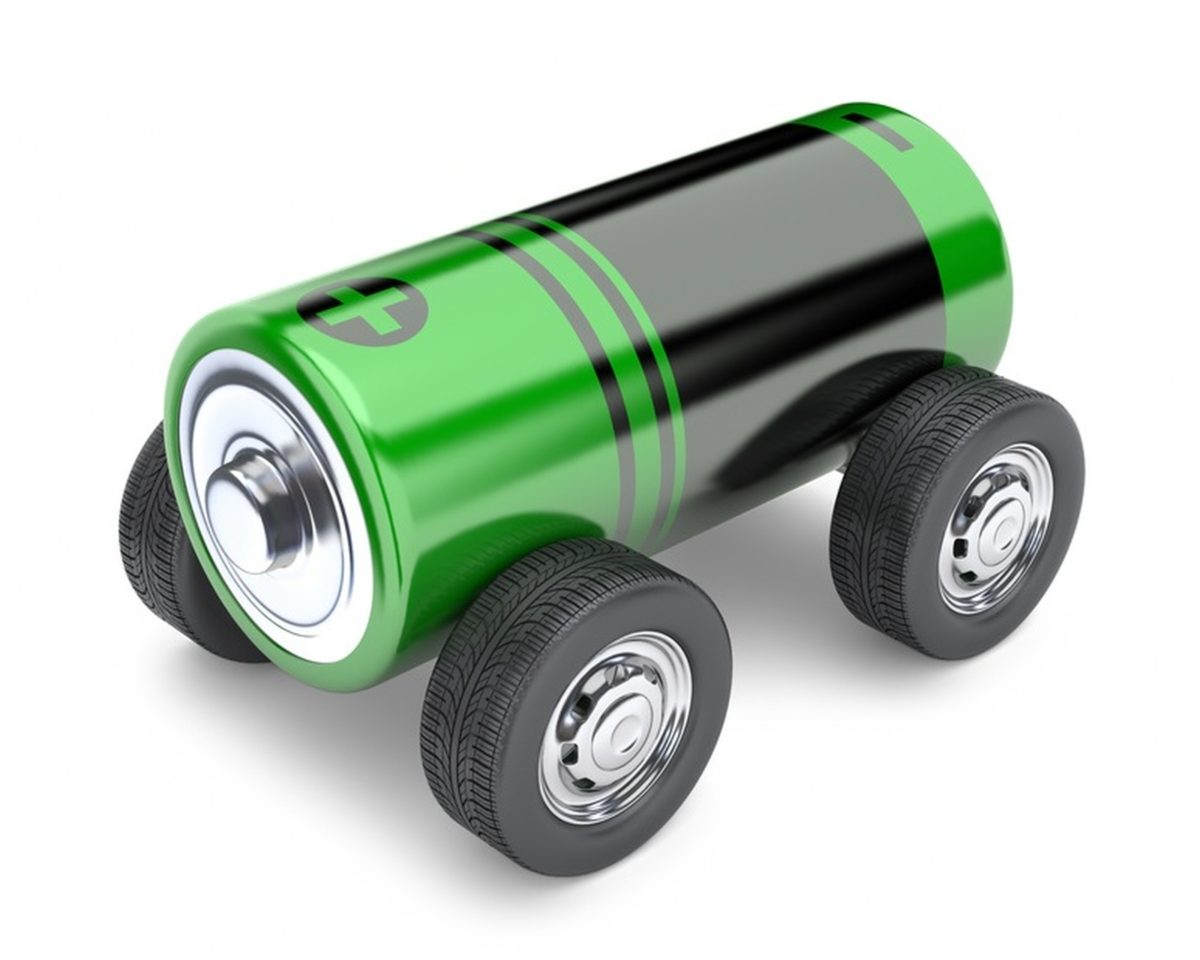Suzuki with its Japanese partners, Toshiba and Denso will start India’s first lithium ion battery manufacturing plant near Ahmedabad, Gujarat. The project will cost Rs 1,150 crore and with 50 percent, Suzuki is in the commander’s position. Whereas, Toshiba owns 40 percent of the joint venture and the remaining 10 belongs to Denso.
Osama Suzuki, Chairman of Suzuki Motor, promised to invest an additional amount of Rs 3,800 crore. With this investment, Maruti Suzuki now has invested a total of Rs 13,400 crore in the state of Gujarat. This money will be used to expand the manufacturing capacity of the Hansalpur plant in Gujarat. The current capacity of the Hansalpur plant is 250,000 units. Suzuki has announced that the facility will start locally producing batteries for hybrid and all-electric cars by 2020. Once up and running this facility will help in generating about 10,000 jobs, including the suppliers. Although, the production capacity at the new facility is still not announced. Osama Suzuki said, “The Joint venture plans to mount these batteries on Hybrid vehicles manufactured in India, and export these genuinely manufactured in India vehicles to international markets. We plan to continue with our efforts to promote make-in-India program further.”
The foundation stone for this facility was laid by Japan’s Prime Minister Shinzo Abe and Indian Prime Minister Narendra Modi. Narendra Midi’s push towards making India a pollution free country by imposing stringent rules had left many manufacturers furious but now that the industry king, Maruti Suzuki, investing heavily on electric cars and batteries, this will lead to a domino effect where each car manufacturer will try to dethrone Maruti by extensively investing in ‘electrifying’ their product range. This is not the first time that Suzuki has shown interest in electric vehicles. In February this year, Suzuki joined forces with Toyota to explore the electric-world by signing the pact both companies that agreed to share products and components and find an alternate fuel technology like hydrogen.
With the recent revised GST rates, electric cars have the lowest tax rate of 12 percent while other cars are facing the backlash by facing a 50 percent tax. With these reforms in the automobile sector let’s hope that the government’s ambitions towards sustainable energy is met.


